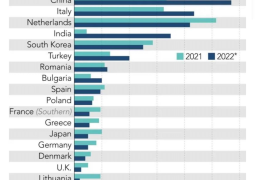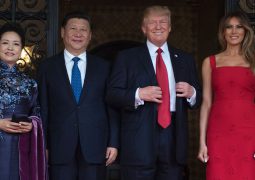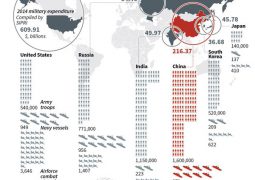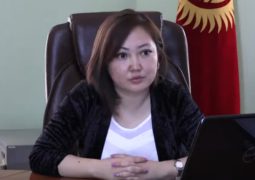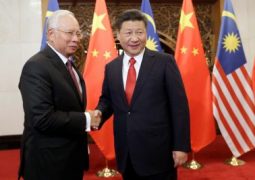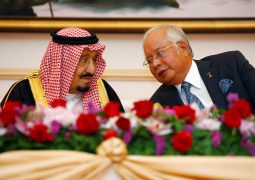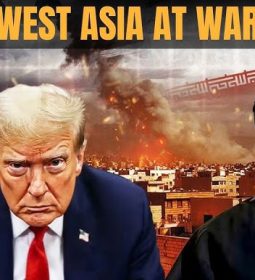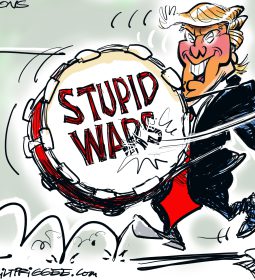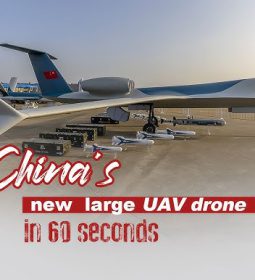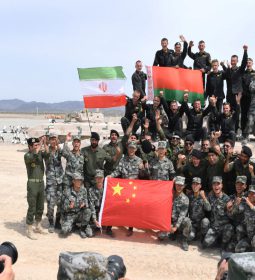Dumped by Trump, Remaining TPP Nations Vow to Forge Ahead

The 11 countries left in the Trans-Pacific Partnership trade agreement have backed a proposal to continue with the pact, despite U.S. President Donald Trump pulling out of it, New Zealand’s trade minister said Sunday.
Todd McClay said in a statement that ministers from the remaining nations in a meeting in Hanoi, Vietnam, had resolved to “launch a process to assess options to bring the comprehensive, high quality agreement into force.”
Mr. McClay, who chaired the meeting, also emphasized that the ministers would work on ways to allow the U.S. to rejoin the group at a later date, as well as providing the scope for other countries to join. He said high-level talks would resume when leaders of the Asia-Pacific Economic Cooperation forum meet in Vietnam in November.
RELATED
- U.S. Exit From TPP Wasn’t a Rational Decision, Ex-Commerce Secretary Says (May 15, 2017)
- Analysis: Why Trump’s Scorn for Pacific Trade Pact May Have Been Hasty (May 14, 2017)
- Japan Warns U.S. Bilateral Trade Pact Would Disappoint (April 21, 2017)
- U.S. Exit From Trans-Pacific Partnership Buoys Critics in Asia (Jan. 24, 2017)
- Donald Trump Withdraws U.S. From Trans-Pacific Partnership (Jan. 23, 2017)
- Japan Ratifies Trans-Pacific Partnership (Dec. 9, 2016)
Japan and New Zealand in recent weeks lobbied for the idea of pushing ahead with the TPP agreement without the U.S. The initiative comes as China, which hasn’t been involved with the TPP, is pushing its own Asia-based free-trade pact, the Regional Comprehensive Economic Partnership. Officials in former U.S. President Barack Obama’s administration had pitched the TPP as a way of ensuring that America would continue to play a role in determining the terms of trade in the fastest-growing region of the world economy.
The TPP took more than five years to negotiate, and countries such as Japan and New Zealand are lobbying to keep its provisions intact as discussions to implement it without the U.S. move forward.
Australia’s Trade Minister Steven Ciobo had previously warned that the entire agreement could fall apart if it isn’t adopted in its original form.
So far only Japan and New Zealand have ratified the agreement in their domestic legislatures—something all member countries must do for it to come into effect.
Japan is the largest economy involved in the deal, which also includes New Zealand, Australia, Chile, Canada, Mexico, Peru, Vietnam, Singapore, Malaysia and Brunei.
- Previous 10,000 Iranians in M’sia take part in Islamic Republic’s presidential election
- Next India’s ‘new Silk Road’ snub highlights gulf with China



